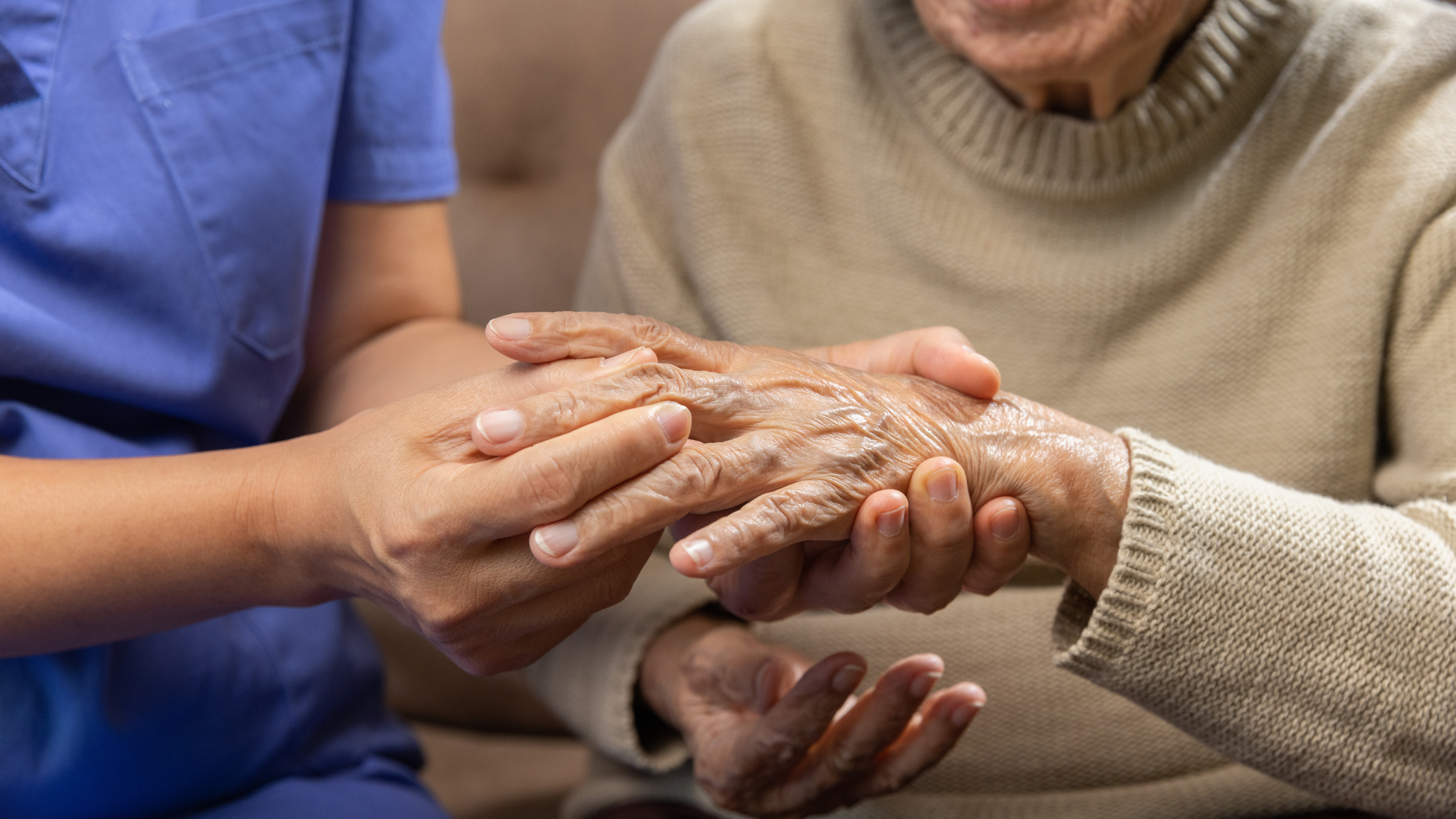Eating disorders, such as anorexia nervosa and bulimia, often make headlines due to their devastating consequences. However, the reality is that there are many different types of eating disorders beyond these two, with each having its particular signs and symptoms. Understanding these lesser-known variations can help you recognize potential warning signs in yourself or someone you love before serious health concerns arise. We’ll explore various eating disorders to increase awareness around this critical issue so people can get the necessary help.
Defining Eating Disorders – What Are They and What Types Exist
Eating disorders are often misunderstood and stigmatized condition that affects many individuals. Such psychological conditions are marked by a disturbance in the emotional, cognitive, and behavioral aspects of a person’s relationship with food and body image. From anorexia nervosa to bulimia nervosa and binge eating disorder, different types of eating disorders vary in symptoms, severity, and treatment. Despite the variety of eating disorders, they share common risk factors, such as genetics, environmental triggers, and societal pressures. Recognizing the signs and seeking treatment for eating disorders is crucial in recovering from these conditions and restoring one’s physical and emotional well-being.
Early Warning Signs of Eating Disorders
Eating disorders are severe mental health conditions that affect many people worldwide. They usually develop during adolescence or young adulthood and can have severe health consequences if left untreated. Recognizing the early warning signs and seeking help promptly can make a significant difference in the recovery of someone with an eating disorder. These signs may include changes in eating behaviors, such as eating more or less than usual, purging, or obsessively counting calories. Additionally, individuals may exhibit physical symptoms like weight fluctuations, a distorted body image, and fatigue. Identifying these indicators can be challenging, but paying attention and acting when necessary is essential to prevent the disorder from becoming more severe.
The Effects of Undiagnosed Eating Disorders on Mental Health
Eating disorders can profoundly impact mental health, mainly when left undiagnosed. Individuals struggling with these disorders often experience profound shame and guilt related to their relationship with food and their bodies. This can lead to isolation, depression, and anxiety, severely affecting their quality of life. Without effective treatment, nursing disorders have physical and psychological consequences that intensify and become more challenging to overcome. It is crucial for those struggling with disordered eating to seek help and support as early as possible to minimize the long-term effects on their mental health.
How to Support a Loved One with an Eating Disorder
Watching a loved one struggle with an eating disorder can be a heartbreaking experience. You want to support them, but it can be challenging to know where to start. First and foremost, it’s essential to understand that eating disorders come in many different forms, and each requires its approach. Whether your loved one is struggling with anorexia, bulimia, or a binge eating disorder, listening without judgment is the most important thing you can do. Lase encourage them to seek professional help and offer to go with them to support them every step of the way. Remember, recovery is a journey, and it’s not always smooth. But with patience, empathy, and love, you can help your loved one find their way toward healing and a healthier relationship with food.
While there is no one-size-fits-all answer to tackling eating disorders, it’s important to remember that early intervention and support can make a big difference for someone struggling with an eating disorder. It’s equally essential for those facing these issues to realize that they are not alone and that there is help out there for them to understand what their body is going through. We hope this post has helped expand your understanding of the different types of eating disorders and how you can take action and offer support. If you or a loved one need more guidance on managing, coping, or understanding an eating disorder, contact us at Keystone Advanced Therapies, and we’d be happy to help.














